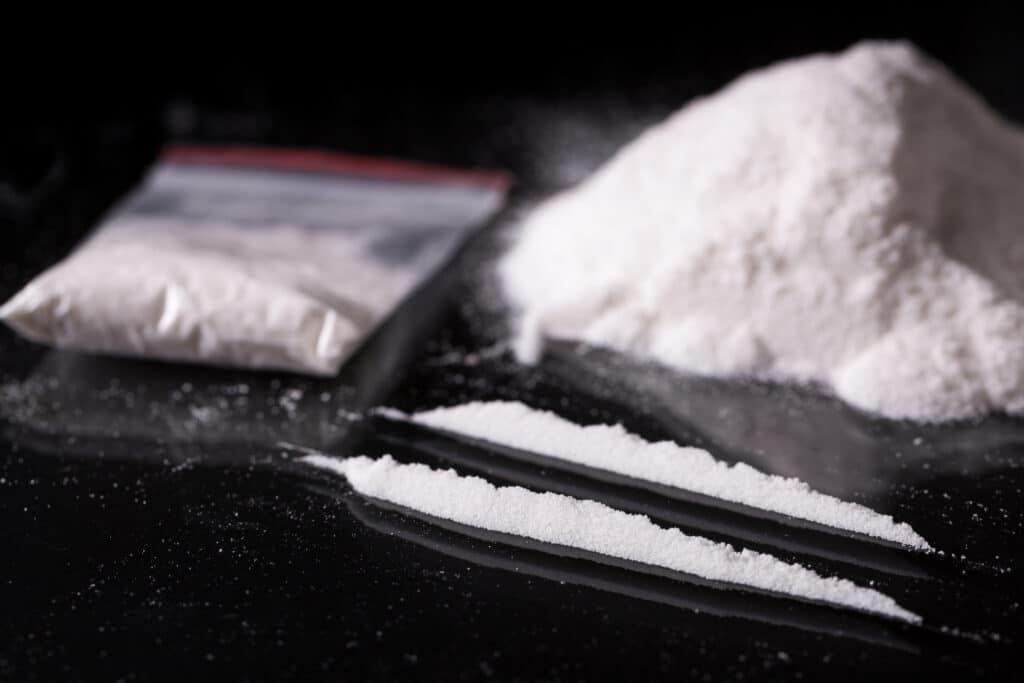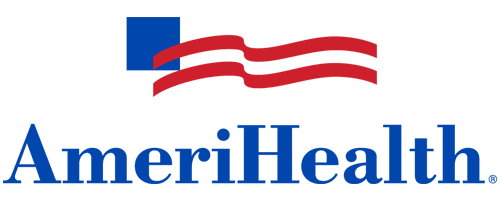The crash leads you right into an acute withdrawal and detox stage, which can last around a week to ten days. Symptoms are often at their worst between days three and five and then start to decrease in intensity.
Unlike other substances, cocaine withdrawal symptoms are more likely to be psychological instead of physical. For instance, you may feel like your thinking has slowed down or you can’t concentrate. You may feel restless, anxious, depressed, or have vivid nightmares.
Some people also experience physical withdrawal symptoms. You may feel like you have a bad case of the flu. Symptoms can include body aches, runny nose, nausea, vomiting, diarrhea, headache, fatigue, and insomnia. It’s also possible that you won’t be able to experience sexual pleasure while you withdraw from cocaine.





















